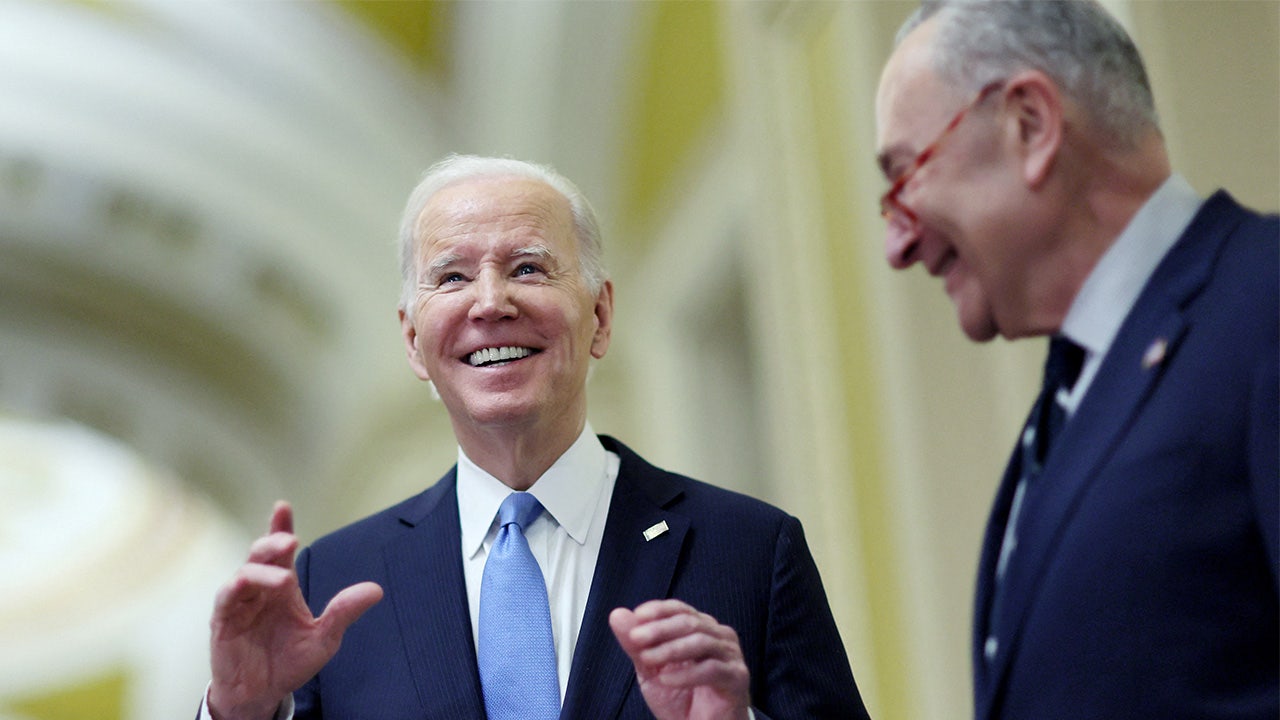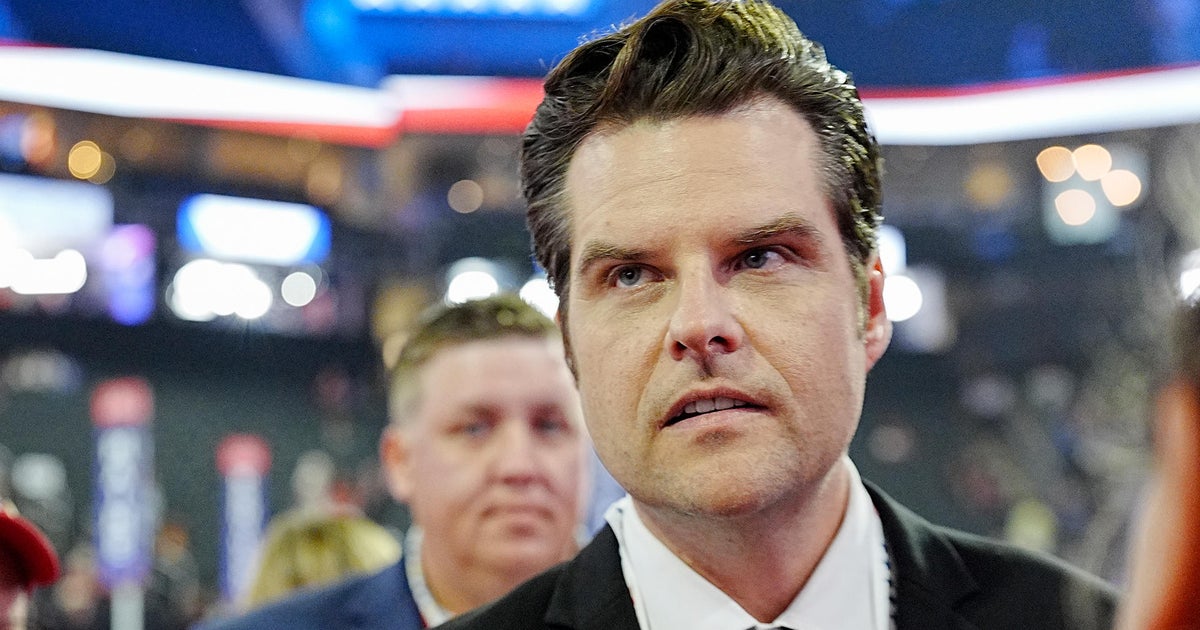ANN ARBOR – Michigan’s Jim Harbaugh and Ohio State’s Ryan Day have both held their news conferences this week leading into Saturday’s top-three matchup between the two programs.
Neither mentioned the other by name, sidestepping similar questions about whether they respected one another.
“It’s all about our preparation of Ohio,” Harbaugh, who won’t be on the sidelines Saturday because of a suspension, said Monday. “The days, the minutes, the hours, everything leading up to this game, you know that’s where our focus is, preparing ourselves and planning, going to practice and then execute.
“Anything else is irrelevant when you get into this kind of big game week.”
Day spoke to media Tuesday.
“With everything going on, and the things that are out there, we’ve just kinda stayed away from all the distractions,” Day said. “Just focused on our team. I think our guys have done a good job of it. I think when you talk to our guys, I’ve talked to them a couple times about what’s gone on this season and going into The Game, but they’re focused on this game, they’re focused on this season, they’re focused on their preparation, and we’re just gonna continue that.”
Harbaugh and Day have a history of feuding, but the rancor has only intensified heading into this year’s matchup as a cheating scandal has added a new layer to the sport’s top rivalry.
Michigan is under investigation for an alleged in-person scouting operation orchestrated by former staffer Connor Stalions, who reportedly purchased tickets to over 30 games at 11 Big Ten schools over the past three years.
Ohio State and other Big Ten schools urged the conference to act, which commissioner Tony Petitti did so by suspending Harbaugh for the last three games of the regular season.
Meanwhile, Michigan has claimed that Ohio State and Rutgers shared the Wolverines’ signs ahead of the team’s Big Ten championship game against Purdue last season, a claim that Day has vehemently denied.
Michigan’s sign-stealing saga has added more fuel to a second straight top-three matchup in the rivalry and third consecutive meeting with a spot in the Big Ten title game on the line. Given the magnitude of Saturday’s game and the ongoing NCAA investigation, it shouldn’t be a surprise that the head coaches are abstaining from direct comments about each other, but Michigan players weren’t reticent about proclaiming respect for the Buckeyes this week.
“I mean, they’re a good team,” Michigan senior right guard Zak Zinter said Tuesday. “You got to respect that, you got to respect them. You can’t just go in there and expect to win. You got to prepare your (butt) off all week and just focus on the details. There’s a lot of respect there for them at that, but I mean, the same time, it is rivalry game, so there is a form of that (hate) as well. But you definitely still got to respect them.”
Michigan, after losing eight straight in the rivalry, has won the past two meetings by double digits, but both were one-score games in the fourth quarter.
The Buckeyes have only lost one other regular-season game during that span.
“With this game, no one’s gonna want to say anything good about each other,” left guard Trevor Keegan said. “But end be all, it’s two really good programs that have respect for each other. That’s why it’s such a rivalry and that’s why the game is so big. It’s the last game of the season for a reason because it has such an impact on the CFP, the Big Ten championship every year. There’s respect, but obviously we don’t like them.”
Keegan and linebacker Michael Barrett are two of the few Michigan players who were on the team when the Wolverines last lost to the Buckeyes in 2019. Michigan pulled out of the 2020 matchup because of injuries and a rise in COVID-19 cases.
The outcome of The Game largely defines each team’s season, win or lose. Saturday’s loser likely will be eliminated from playoff contention, while the winner will face Iowa in the conference title game with a chance to cement their position in the CFP.
“I have a lot of respect for them, their program, their coaches, their players,” said Barrett, a sixth-year senior. “They have a lot of great coaches, great players always. They’re always gonna play tough. They always have a great receiving corps, great skill players, great o-line. Nothing but respect to them. Whenever we’re on that field together, no friends at that moment, but nothing but respectful.”
Both Michigan and OSU are undefeated and have only played one conference game decided by one score. They are both among the top three in the conference in most key statistical categories and are flush with future NFL players on both sides of the ball.
Add in two rabid fan bases, and Saturday’s matchup has all the makings of a potential classic.
“It has been a fierce rivalry for years, the best rivalry in the country,” Michigan senior defensive lineman Kris Jenkins said. “Obviously, there’s gonna be that level of respect for each program that you’re going to prepare for them and give them that respect to take that field with the best you got.”





























/cdn.vox-cdn.com/uploads/chorus_asset/file/25739950/247386_Elon_Musk_Open_AI_CVirginia.jpg)
